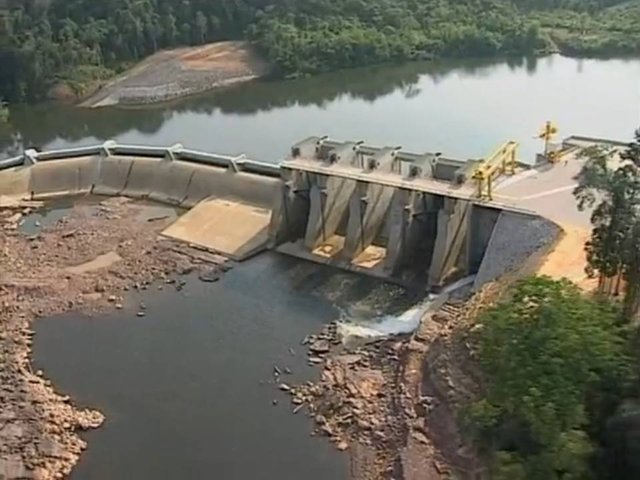

Construction of run-of-the-river hydropower projects by India on Western rivers poses a serious threat to agriculture sector and could severely affect water availability in the country at crucial times.
Farmers Associates of Pakistan (FAP), Research Institute of Natural Resources of Pakistan (RINP), Water Resources Development Council (WRDC) and Punjab Water Council (PWC) expressed the concern in a meeting held on Tuesday.
The meeting was convened on the future impact of the Indus Water Treaty on the water availability to the farmers, in the light of the decisions on the Baghliar and Kishanganga hydroelectric projects of India. Various interpretations of the treaty came under discussion during the meeting.
The Neelum-Jhelum hydropower plant is part of an under-construction run-of-the-river hydroelectric scheme designed to divert water from the River Neelum to a power station on the River Jhelum. It will have an installed capacity of 969MW. Construction on the project began in 2008 after a Chinese consortium was awarded the construction contract in July 2007. The project is expected to be completed in 2016.
In 2007, India began construction on a run-of-the-river power station on the Kishanganga (Neelum) river upstream of the Neelum-Jhelum project site. The Kishanganga hydroelectric plant will divert a portion of the River Neelum from Pakistan, which will reduce the power generation at the Neelum-Jhelum hydropower plant. India said the project will divert 10 percent of the river’s flow, while other estimates stand as high as 33 percent.
It was unanimously agreed that there is an urgent need to develop a larger base of legal and technical expertise in the matter so that the future developments are addressed through domestic human resource.
The participants stressed the need to keep a watchful eye on the developments planned by the upper riparian, India. Unbridled construction of run-of-the-river hydroelectric plants by India poses a serious threat and could severely affect water availability in the country at crucial times.
They reiterated that the issue should also be taken up in other world fora of environment, ecology, human rights and poverty alleviation.
The government should be proactive in its role to protect the water rights of the country and also be mindful of various fora in the country, funded by foreign think-tanks to mould public opinion. Genuine policy institutions should be involved in the process to evolve a comprehensive strategy for the purpose, they said.
In the meeting, PWC was represented by Hamid Malhi, Farooq Bajwa, and Rabia Sultan, FAP by Tariq Gondal, RINP by Assad R Chaudhry and Muhammad Hassan, and WRDC was represented by Engineer Suleman Najib Khan.
Former chairman of Indus River System Authority (Irsa), Shafqat Masood and former adviser of Punjab Ch Mazhar Ali also participated in the meeting
Gallagher Re has shed light on the significant challenges insurers face when providing coverage for…
The Australian government will disburse AUD 1.7 million (USD 1.1m/EUR 1m) in grant funding to…
GlobalData’s latest report, ‘Asia Pacific Renewable Energy Policy Handbook 2024’ is among the latest region-specific…
The electrical generation market is facing a number of challenges, including the need to increase…
Nuclear energy has emerged as a prominent player in Asia's energy landscape, offering a reliable…
The pursuit of a low-carbon future has gained significant momentum globally, and Asia stands tall…